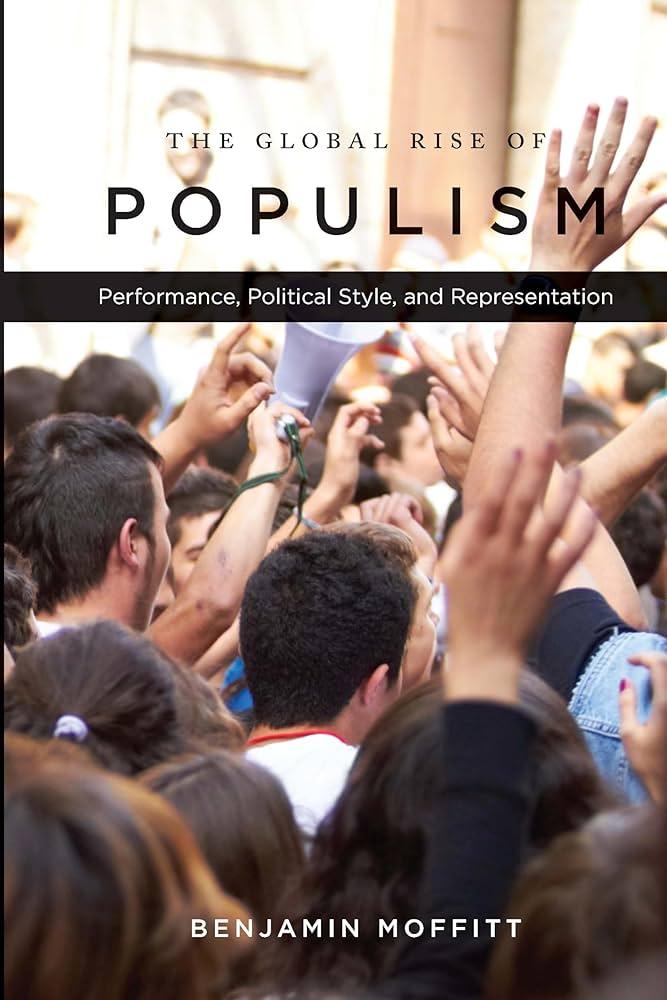Populist and nationalist movements are gaining ground across continents, redrawing political maps and testing the resilience of liberal institutions. From Europe and the United States to parts of Latin America and South Asia, campaigns centered on sovereignty, identity, and economic protectionism are moving from the margins to the mainstream, reshaping debate and ballot boxes alike.
The surge reflects a convergence of forces: prolonged economic uncertainty, migration pressures, geopolitical shocks, pandemic aftershocks, and a deepening distrust of political elites. Social media has amplified outsider messages, while traditional parties struggle to channel discontent. In response, governments are hardening borders, revisiting trade and industrial policy, and redefining security priorities.
This article examines the drivers behind the trend, the regions where it is most pronounced, and the implications for democratic norms, international alliances, and the global economy.
Table of Contents
- Grassroots discontent and cost of living shocks drive far right breakthroughs across Europe and the Americas
- Inequality, migration pressures and digital echo chambers fuel nationalist narratives as experts urge living wage policies, regional investment and humane border management
- To stabilize democracies officials pursue media literacy campaigns, transparent procurement, independent oversight and cross party accountability pacts
- Wrapping Up
Grassroots discontent and cost of living shocks drive far right breakthroughs across Europe and the Americas
Grassroots networks angry over surging prices, stagnant wages, and housing shortages are reshaping ballots from Lisbon to Los Angeles, giving right‑wing populist parties fresh momentum as they fuse neighborhood protests, farmers’ blockades, and online organizing with promises of tougher borders and cheaper energy; amid lingering pandemic scars, the Ukraine war’s energy spillovers, and contested green transition costs, mainstream coalitions fracture while campaign messages centered on “security”, “sovereignty”, and “purchasing power” gain traction, pressuring governments to recalibrate asylum rules, industrial policy, and fiscal plans.
- Italy: Brothers of Italy consolidates power with tighter migration controls and budget restraint as households face high energy bills.
- Netherlands: PVV’s surprise win shifts talks on immigration and climate costs during protracted coalition bargaining.
- France: National Rally converts purchasing‑power angst into record showings, forcing rivals to harden positions on borders and policing.
- Germany: AfD climbs in eastern states as industry worries over energy prices and de‑risking strategies roil the export model.
- Portugal: Chega’s surge turns cost‑of‑living grievances into parliamentary leverage, complicating budget deals.
- Austria: FPÖ leads polls amid backlash to inflation and climate levies, shaping the agenda on asylum and subsidies.
- Argentina: Milei rides hyperinflation fury with “shock therapy,” triggering street pushback as spending cuts bite.
- Chile: Republicans steer constitutional debates while crime and migration anxieties dominate headlines.
- Brazil: Bolsonaro‑aligned forces retain influence in Congress and states, channeling anti‑elite sentiment despite legal headwinds.
- United States: Inflation, housing, and the southern border elevate populist themes, pulling policy debates rightward on trade and energy.
Inequality, migration pressures and digital echo chambers fuel nationalist narratives as experts urge living wage policies, regional investment and humane border management
Analysts report that mounting inequality, intensified migration pressures, and algorithm-driven digital echo chambers are amplifying nationalist messaging, converting economic anxiety and border flashpoints into potent electoral narratives; policy institutes and labor economists warn that securitized slogans are outpacing solutions and urge governments to pivot to concrete safeguards that ease household strain, rebuild local economies, and restore rule-based mobility:
- Living wage floors indexed to local costs and enforced via public procurement, tax credits, and compliance audits to stabilize incomes and curb precarity.
- Targeted regional investment in transport links, digital networks, and workforce training for deindustrialized areas, tied to measurable job creation and small-business finance.
- Humane border management that expands legal pathways, accelerates asylum processing, and funds reception capacity while coordinating anti-smuggling efforts with origin and transit states.
- Information resilience through political-ad transparency, researcher access to platform data, and public-interest media support to blunt algorithmic amplification of polarizing content.
To stabilize democracies officials pursue media literacy campaigns, transparent procurement, independent oversight and cross party accountability pacts
Amid the surge of populist and nationalist currents, administrations are deploying a bundle of institutional guardrails aimed at rebuilding trust and hardening democratic resilience: media literacy to dilute the reach of disinformation, clean procurement to curb graft and favoritism, independent oversight with protected mandates, and cross‑party accountability agreements that establish shared red lines and consequences for breaches.
- Media literacy campaigns: nationwide curricula, public-service messaging, fact-check partnerships, and outreach in underserved regions.
- Transparent procurement: open contracting data, real-time tender dashboards, beneficial ownership disclosures, and audit trails accessible to the public.
- Independent oversight: insulated budgets and appointments, subpoena powers, whistleblower shields, and publication-by-default of findings.
- Cross-party accountability pacts: commitments to accept certified results, reject political violence, protect minority rights, and respect judicial independence.
Wrapping Up
As populist and nationalist currents reshape agendas from parliaments to presidential palaces, the immediate tests will come at the ballot box and in the corridors of governance. Parties riding these waves face the challenge of converting slogans on sovereignty, borders, and identity into workable policies without isolating economies or eroding institutional checks.
For allies, markets, and multilateral bodies, the stakes are practical as much as ideological: trade regimes, migration compacts, security partnerships, and climate commitments are all in play. Outcomes will differ by country, but the trajectory is unmistakable. Whether this moment marks a cyclical correction or a durable realignment will be decided not only by leaders and movements but by voters weighing promises against performance in the months ahead.


